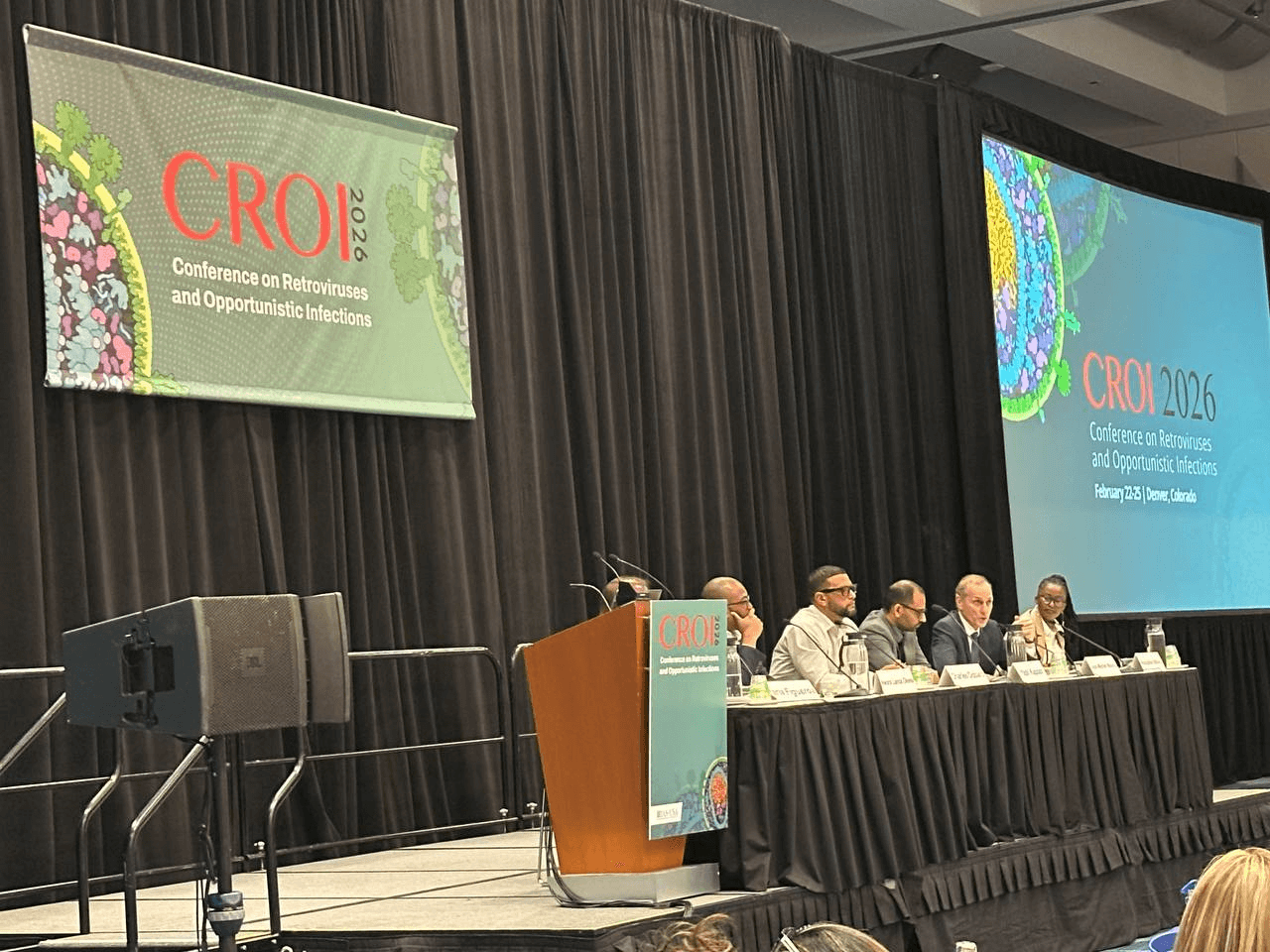Anti-Discrimination Day marked on March 1st

On this year’s Anti-Discrimination Day. UNAIDS called attention to the importance of eliminating inequalities in every aspect of our lives, including, but not limited to income; gender; age; health; employment; disability; sexual orientation; drug use; gender identity; race; ethnicity and religion.
Indeed, inequality in access to HIV services and treatment is now one of the main reasons why the global HIV targets set for 2020 were not reached on time.
To achieve visible and tangible results, UNAIDS is proposing a range of policy changes, including:
- Removal of all discriminatory, stigmatising and punitive laws against disadvantaged groups and minorities.
- Abolition of all laws that discriminate against women; implement policies and programs to combat gender discrimination.
- Providing free public healthcare and acknowledging that specialised services must become and integral part of that.
Every citizen can contribute to tackling inequality by following five key actions:
- Identify and publicise inequalities.
- Become an ally, declare every case of inequality.
- Demand changes from the government, parliament or ombudsman.
- Submit and support petitions that seek to remove punitive and discriminatory laws.
- Support campaigns and organisations that work towards fairness and equality across the world.



